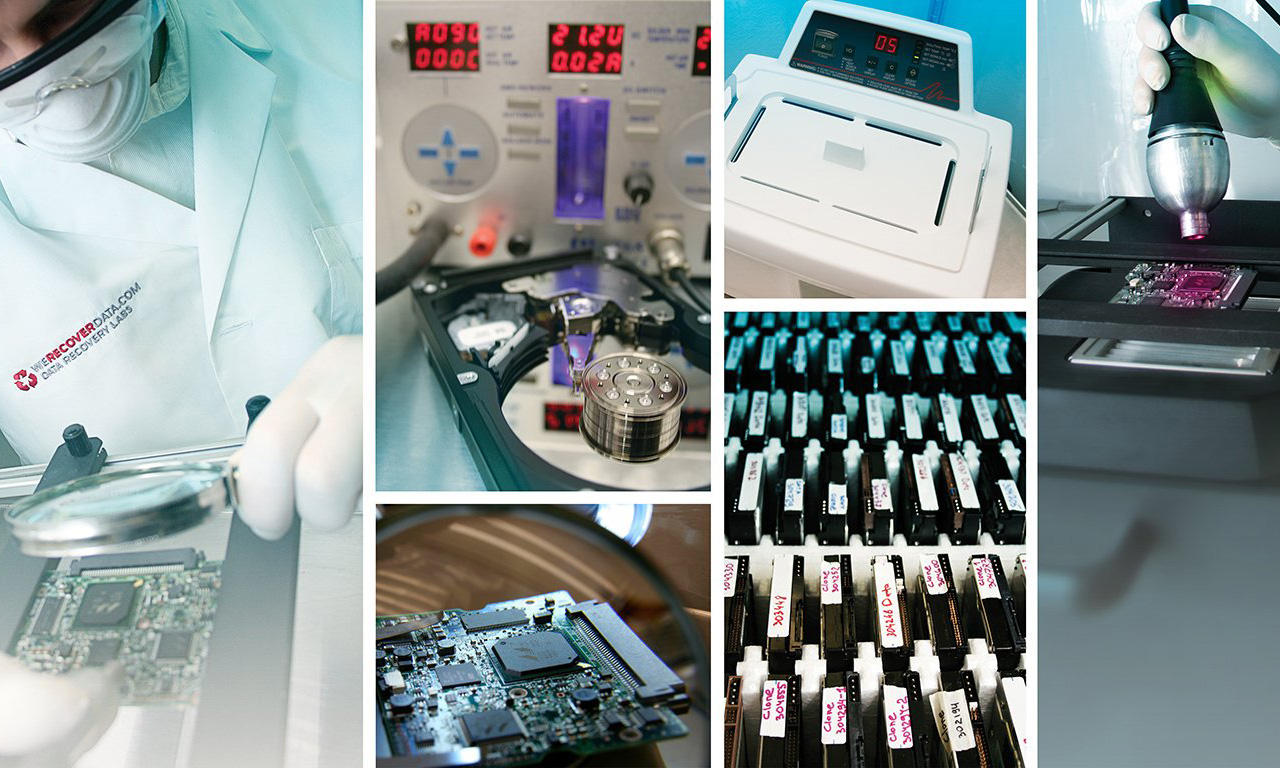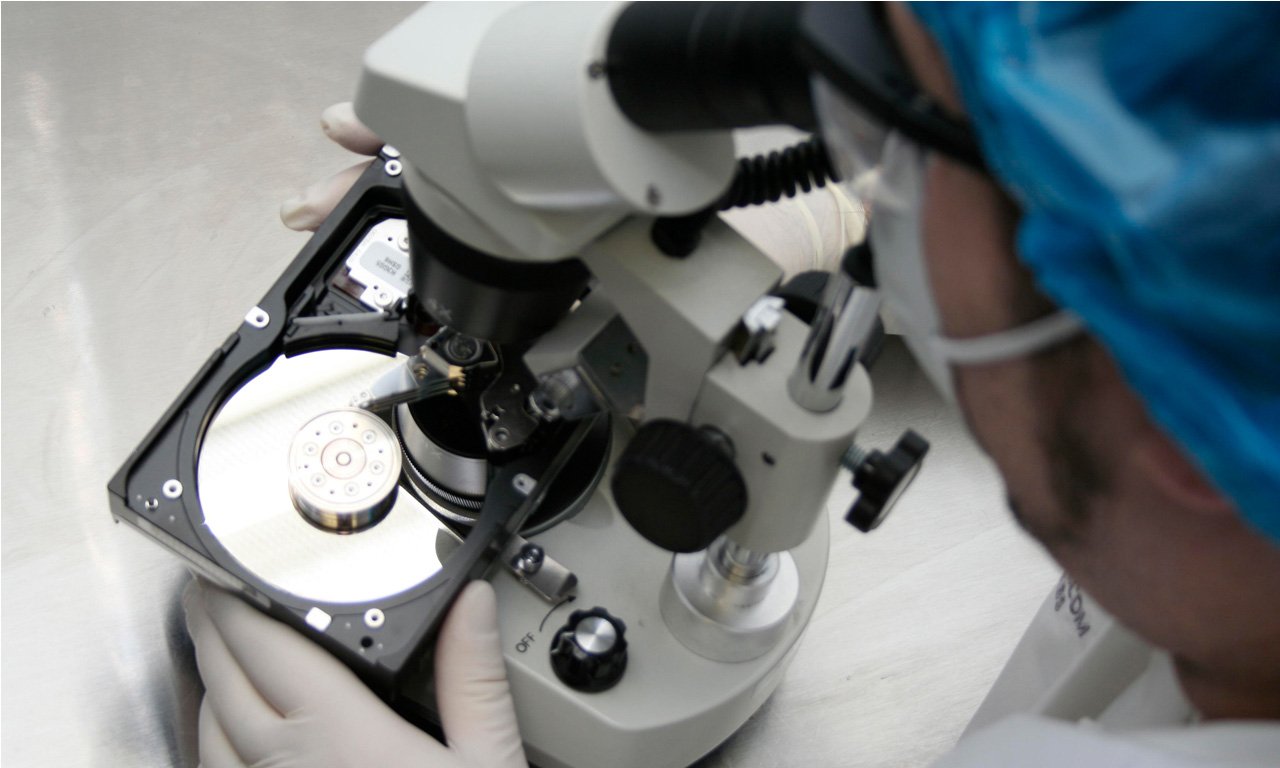How Technology Addiction Impacts Our Lives and What We Can Do About It
By Matt Brennan
In a crowded movie theater. Right before bed. When we’re supposed to be listening to family. It doesn’t matter where, or when. We check our phones compulsively because we think there might be something positive there for us on the other side – something life-changing.
That thought shoots dopamine and other feel-good chemicals into our brain and a habit is formed. The designers of your favorite tech hardware and apps know this and they build in ways for you to consume more content, and spend more time on their platform. They do this through variable reinforcement, much like a slot machine. Too little reward, and you stop trying. Too much reward and you won’t pull the lever as much.
Now think of those notifications on your phone. When the ding goes off, or when we see a little red bubble, we feel almost obligated to check and see what the message is. The quest in technology optimization is to find the right ratio to keep you coming back for more, and it’s working.
Americans on average check their phones more than 52 times a day. College students can spend upwards of 9 hours a day on their cell phones. Addiction activates the reward sensors for the brain and pulls us out of the present moment. It starts in the first few moments after we wake up and it nags at us until we go to bed. There are precious few moments during the day considered too sacred to check your messages.
An overuse of phones and other modern technology can leave you feeling anxious or depressed. It can make you feel extremely distracted and restless. Long term, it can contribute to obesity, or give you severe eye problems.
What Can You Do About It?
We assume you like your phone. It’s pretty amazing harnessing the power of your desktop computer right there in your pocket. You don’t have to ditch it at all to keep usage in control, but instead set up certain boundaries.
Understand Your Usage – It takes some awareness of what your phone and technology habits are, to be able to break them. How many hours a day are you on the phone? Apple is now keeping track of your screen time for you. It can help to review this on a daily or weekly basis.
Optimize Your Tech for You – You can shut off all unessential notifications. You can move the most distracting apps to the furthest screen back on your phone, so they are that much harder to access. You can delete them off your phone entirely. Set up your phone to be an asset to your productivity, and not a distraction.
Meditation Can Help – When you can train your attention, you can more easily control it. Meditating for 10-20 minutes a day can help you learn how to train your attention in this way. If you need a little assistance to get started, apps like Headspace, Calm, or Buddhify can help.
Set Up Boundaries – Another way to take back control over your attention is to set intentional boundaries. You can choose to keep your phone in a different room at night, or designate regular “phone free” times in your home.
Technology addiction is an increasing phenomenon. These actions can help you to take back your attention and become more intentional with your time and productivity.





















Great company!
I think it is the best company in the world regarding data recovery. They take all types of recovery cases with great responsibility and ensure they work with the best possible solution for your specific case. I highly recommend it.
Superb effort
Superb effort from werecoverdata. I had no idea how to fix it when I faced a horrible problem with my RAID NAS. But they solved it very quickly and superbly. I recommend them!
Fantastic results
Thanks to all staff of werecoverdata for excellent work and for getting my company data back! I got frustrated when a deadly drop damaged my hard drive. But they solved it!
Thanks
Few days ago my raid server is crashed dangerously. It was not starting any more. I tried in a various way whatever I know but I could not fix it. My uncle told me about WeRecoverdata. Then contact with them and they repaired it. Thank you guys.
Recover service
Those are suffering bad experience of getting a reliable and professional recovery service provider, definitely, they can choose werecoverdata. I highly recommend it.
Thanks a lot
The location is a bit hard to find out but eventually, I did. They recovered my hard drive, which was mostly dead. Thanks a lot.
Great response
Definitely weRecover team is great to solve that kind of hard drive problem. Great response and remarkable. They recovered my all data successfully within short time. I wanna give special thank to David. Thanks a lot man.
Liked Your Service
I have been using my HP laptop since 2016. Few months ago I could not open my laptop. After pressing the power button its showing nothing. My friend told me about that company. They recovered my laptop. Now its working perfectly. Thanks a lot WeRecoverData.
Pretty good experience
It was really pretty good experience. They are so professional, punctual and reliable. I strongly recommend it.
Remarkable Work
A lot of thanks to werecoverdata. You did really remarkable work. I was frustrated when lost my important data from a hard drive. I sent my hard drive to WRD then they got all the data back. At first, I couldn’t believe anyone can recover it since my computer tech said he can’t do it. All credit goes to werecoverdata.
Gorgeous service
Fantastic service from all the guys at werecoverdata. I was having pressure when corrupted data from my hard drive .Then I went there and they fixed it superbly.Thanks for removing the pressure!
Extremely well
I faced horrible problem but they solved it extremely well.My problem was that hard drive crashed dangerously.At this moment I thought the sky was broken on my head.Thank you for that.
Sensible
Thanks to WeRecoverData. You fixed the hard drive problem promptly. I am impressed… Anybody can rely on werecoverdata.
Well done
Thank you
Great work
Obviously great work from werecoverdata.Definitely no doubt about this company because they take seriously to solve any kinds of problem.I have lot of assurance at them.A lot of thanks to them.
Fantastic work
Oh Tom really fantastic work. You saved my important days. Raid 5 server damaged dangerously few days ago. But you fixed it well. Thank you for that!
Great efforts
All credits goes to werecoverdata for recovering raid server.I thought impossible to repair it but they was taken sensible and fixed it.Now I can fully trust on werecoverdata.All thanks to them.
Helpful Work
Werecoverdata, you did a really very helpful work.I was angry when my hard drive got dropped from my mistakes. I recommend the company and give a lot of thanks to werecoverdata.
Best service
After my hard drive crashed I was going to be totally mad. One of mu cousin suggested me to meet that company. I did and got the best service ever I had.
Remarkable Job
AWESOME service from WeRecoverData. I was almost mad when my pc crashed. A lot of valuable data in my hard drive. One of my friend recommend it. I thought it will not be possible.
But after all I got back my all data. Thank You WeRecoverData.